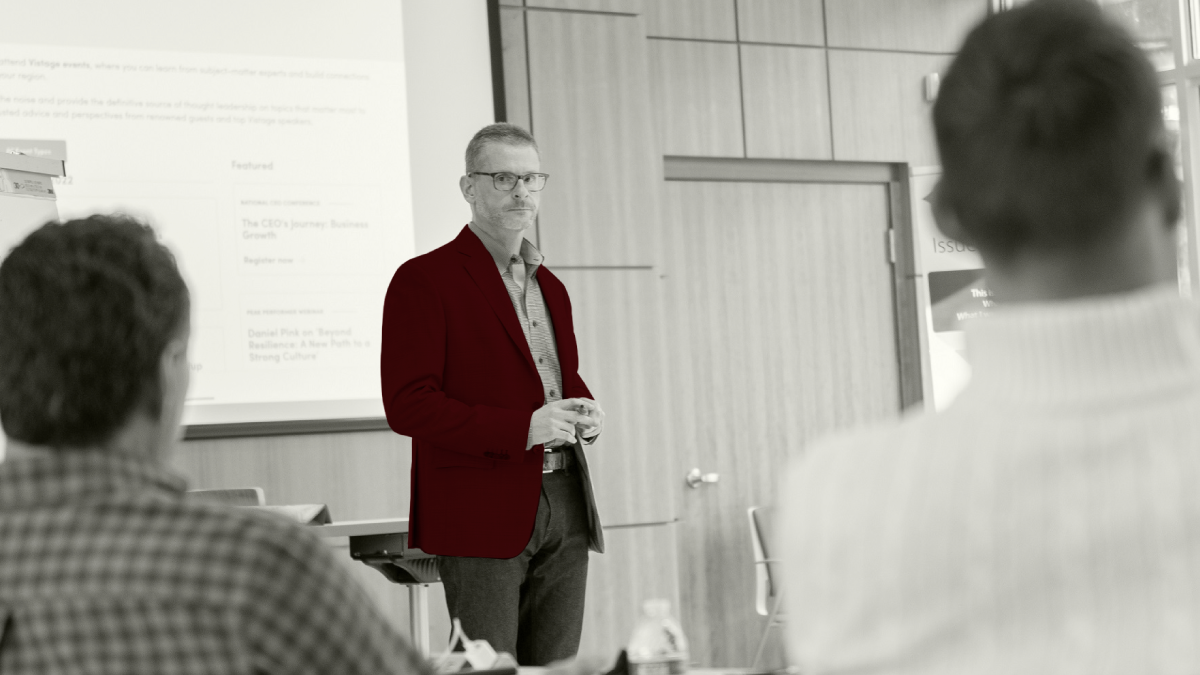Listen to Lead: 5 Techniques for More Effective Communication

 Leaders who listen, lead with precision. How precise is your leadership?
Leaders who listen, lead with precision. How precise is your leadership?
Whether you lead an entire organization, a department, your household, or just yourself, effective communication is vital for leading with precision. And the key to effective communication involves listening.
A CEO recently regaled me with a tale of miscommunication in their organization. HR wasn’t listening to Operations, Operations was focused on checking boxes, and no one seemed to understand what anyone else was saying. It’s an old tale in which the players and circumstances change, yet, as Led Zeppelin noted, The Song Remains the Same. With that in mind, let’s refresh what we know about how to effectively communicate.
Even though listening is the most crucial component of effective communication, it is often overlooked. Becoming a better listener can help you build stronger relationships, reduce misunderstandings, and improve your overall communication skills. Let’s take a look at some techniques you can employ to strengthen your listening skills.
5 Ways to Improve Your Listening Skills
1. Focus on the speaker.
To become a better listener, it is essential to focus on the person speaking. Try to maintain eye contact and avoid distractions to show you are engaged in the conversation. Put your phone away or turn it off, and don’t interrupt the speaker. If possible, remove any physical barriers, such as a desk or table, between you and the speaker to create an open and welcoming space.
2. Practice active listening.
Active listening means paying close attention to the speaker and reflecting on what they say. It involves asking questions, summarizing what the speaker has said, and acknowledging their feelings. This technique can help you better understand the speaker’s message and communicate more effectively. For more on this see Part 3 of my article Practical Tips on Coaching Employees.
3. Avoid making assumptions.
I won’t make the old joke about assumptions. But suffice it to say that assumptions (a.k.a. implied intent) can lead to misunderstandings and miscommunication. Avoid making assumptions about the speaker’s intentions or feelings. Instead, ask questions to clarify any confusion or uncertainties you may have. Restrain yourself from interrupting the speaker or finishing their sentences, as that can misconstrue their message and frustrate them.
4. Be open-minded.
To become a more accomplished listener, try not to judge the speaker or jump to conclusions. Keep an open mind and be willing to consider different perspectives. This will help you understand the speaker’s point of view and communicate better.
5. Practice empathy.
Empathy is the ability to understand and share the feelings of others. Practicing empathy can help you become a skilled listener by allowing you to understand the speaker’s emotions and perspective. Try to put yourself in the speaker’s shoes and imagine how you would feel in their situation. Doing so can help you connect with the speaker and communicate more effectively.
BONUS STEP: Provide feedback.
Providing feedback is an essential part of effective communication. After the speaker has finished speaking, summarize what they have said and provide feedback. This can involve expressing your thoughts or feelings about the topic or asking follow-up questions to clarify any doubts or concerns.
Lead With Listening
Becoming a better listener is a skill that can improve your communication skills and strengthen your relationships. By focusing on the speaker, practicing active listening, avoiding making assumptions, being open-minded, practicing empathy, and providing feedback, you can become a stronger listener and communicator.
How are your listening skills affecting your ability to lead with precision? If you want to dive deeper into this topic, drop me a line!

Amen Chad! While Communication is one of Appalachia’s core values and we all know how important it is in _every_ relationship, this is the area we need to improve the most in. Thank you for the nuggets.
Thank you, Brian! I’m very pleased you found this helpful.